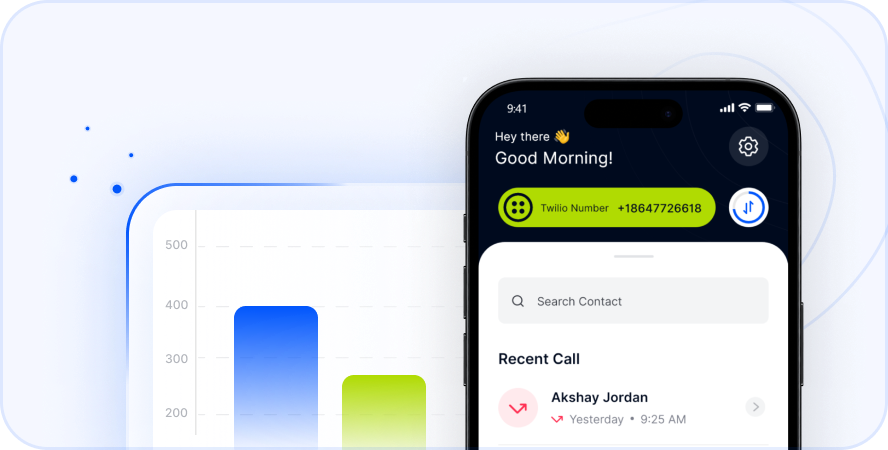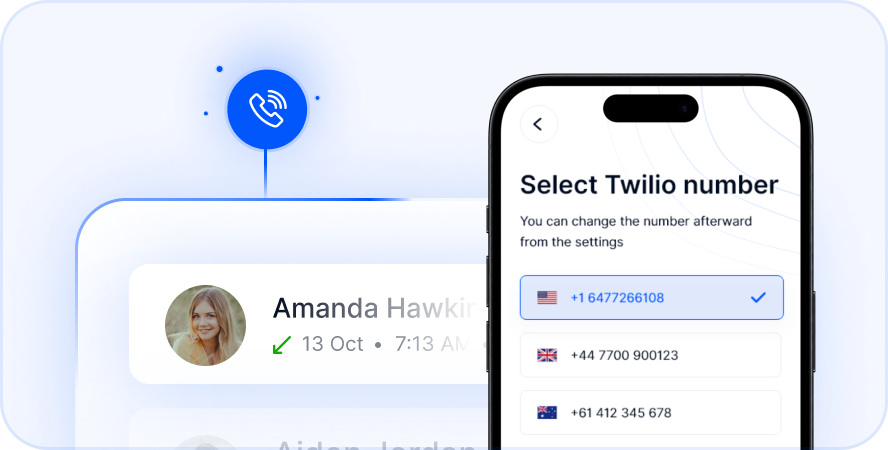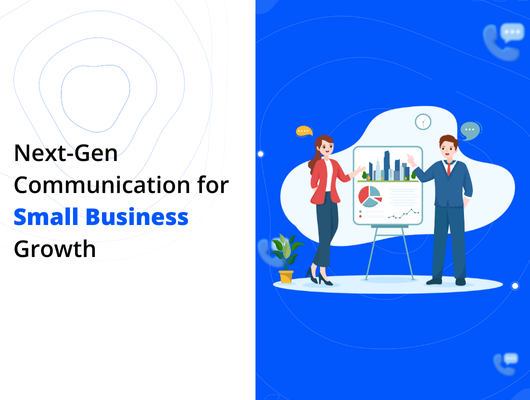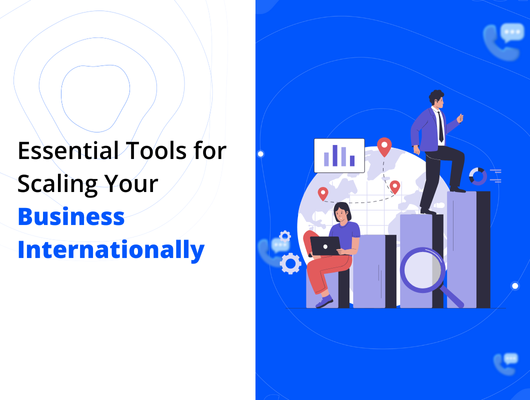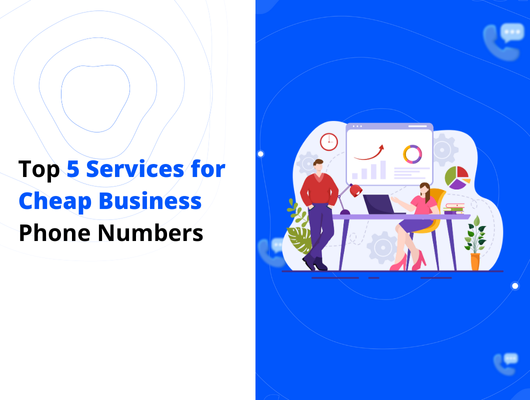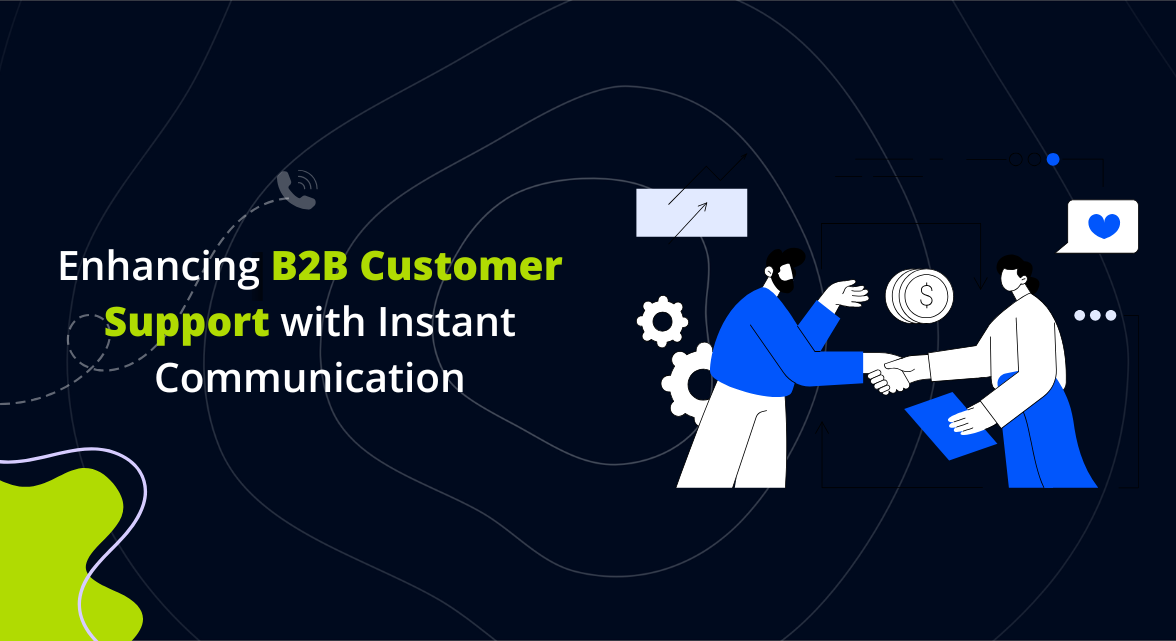
Thriving business relationships rely on strong B2B customer support. Clients today expect fast solutions to their needs. Instant communication is a powerful way to meet these demands. It speeds up problem resolution significantly. This also enhances client satisfaction and trust. Embracing these new strategies helps businesses cater to evolving client demands. It drives better business outcomes over time.
According to recent industry reports, improving customer experience is a top priority for B2B leaders. Providing immediate support is a key part of this improvement journey. Real-time communication directly impacts client relationships positively. You can build stronger connections with your partners. It also makes your support operations more efficient overall. Explore how instant methods can transform your B2B support approach.
Why Instant Communication is Crucial for B2B Support
Real-time communication gives immediate answers to questions. This can happen through phone calls. It can also use chat or messaging tools. B2B companies often need quick help with complex problems. This includes technical support or troubleshooting steps. Providing instant access helps businesses avoid costly delays. It keeps your clients’ operations running smoothly. This rapid response capability is essential today.
The Need for Speed in B2B
B2B issues are often critical for business operations. Software problems or setup questions need fast answers. Delays can impact productivity severely. Instant communication channels provide the speed required. They allow for quick troubleshooting steps. You can resolve technical difficulties much faster. This immediate support minimizes downtime for your clients. Speed directly supports their business continuity.
Building Stronger Client Partnerships
Building strong relationships is vital in B2B. Support is not just fixing issues. It is about partnership and trust. Real-time interactions foster a sense of closeness. Clients feel valued when you respond quickly. This builds a solid foundation for long-term collaboration. Quick, effective support shows your commitment. It reinforces the strength of your business relationship.
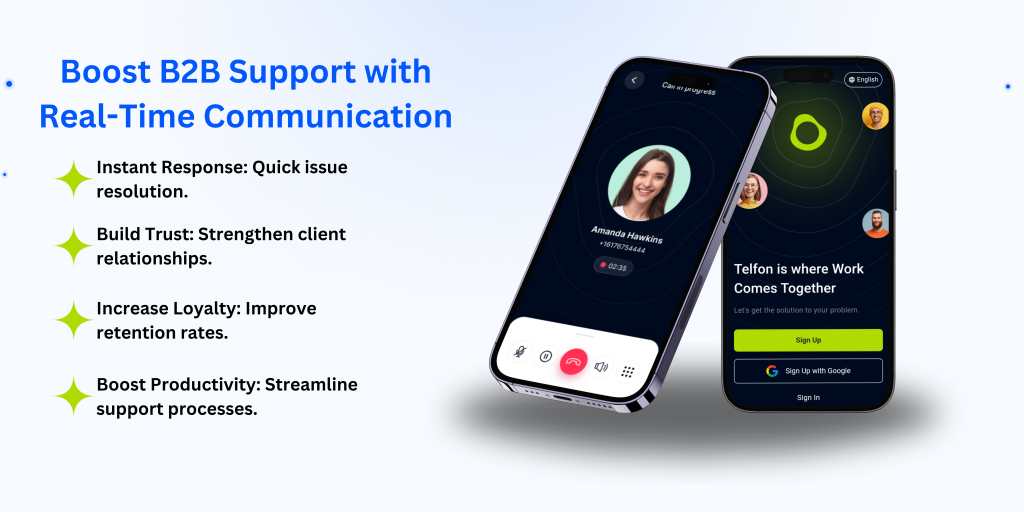
Key Channels for Real-Time B2B Support
Several technologies enable instant connections with your B2B clients. Integrating these tools enhances your support capabilities greatly. Each channel offers unique benefits for different situations. Choosing the right mix improves your service delivery. Let’s look at some effective real-time options.
Live Chat and Messaging
Live chat is a very popular option for quick queries. You can add it to your website easily. Messaging platforms also work well. They let clients get fast answers without waiting. Chatbots can handle simple, frequent questions first. They transfer complex issues to human agents smoothly. Platforms like Slack or Teams also help support agents. They allow fast internal collaboration to solve client problems quickly.
Powerful Voice Support
Voice calls are necessary for detailed discussions. Complex technical problems often need spoken guidance. Virtual phone numbers offer a modern voice solution. They let B2B businesses manage calls globally easily. You can get local numbers in different countries. This makes calling more affordable for clients. Call routing sends inquiries to the correct team fast. It eliminates long wait times for customers.
Visual Connection with Video
Video conferencing is excellent for complicated cases. Tools like Zoom or Microsoft Teams allow face-to-face interaction. This adds a personal touch to the support experience. Video is especially useful for showing steps. You can demonstrate solutions visually. Troubleshooting complex software or hardware is simpler with video. It improves understanding and resolution speed significantly.
Tangible Benefits of Real-Time Support
Adding real-time communication to your support strategy brings many advantages. These benefits directly affect client satisfaction. They also impact loyalty and overall business success. You will see improvements in efficiency and relationships. Let’s explore these key benefits in detail now.
Boosting Efficiency and Speed
The most clear benefit is faster issue resolution. In B2B, delays can cost a lot of money. Providing immediate help reduces these risks. Whether it’s a simple question or technical problem, speed is key. Real-time tools like chat or voice accelerate problem-solving. Your support team can handle more issues quickly. This leads to greater efficiency across your support operations.
Elevating Customer Satisfaction
Clients expect fast responses from businesses. Research shows many expect a response within an hour. Failing this can make clients look elsewhere. Real-time tools ensure you meet these expectations. Prompt solutions make clients happier. Happy clients are more likely to remain loyal customers. This leads to stable, long-term revenue streams for your business. Satisfaction builds strong relationships.
Driving Long-Term Loyalty
Open and frequent communication builds trust with clients. When clients feel heard instantly, they build confidence in you. This creates a positive, lasting relationship. Providing consistent, personal support shows you value their partnership. This trust encourages repeat business opportunities. Satisfied and loyal clients may also refer new business to you.
Potential Cost Savings
Real-time methods can sometimes lower support costs. Cloud telephony platforms can reduce international call expenses. Pay-as-you-go models offer flexibility. Live chat allows agents to manage several chats at once. This increases agent productivity without adding staff. Smart automation also reduces the workload on your support team. These efficiencies can lead to significant savings.
Leveraging Telfon for Enhanced B2B Communication
Effective real-time communication needs reliable technology. Telfon is a robust cloud telephony solution. It helps businesses deliver high-quality service affordably. Telfon enables efficient, instant communication. It provides features specifically designed for business needs. You can streamline your interactions with clients easily.
Global Reach with Virtual Numbers
Telfon offers virtual phone numbers globally. You can get numbers in over 180+ countries. This is perfect for companies with international clients. It eliminates high international calling fees for everyone. You can maintain a local presence worldwide. This makes it easier for clients to connect with you. Global reach enhances accessibility greatly.
Streamlined Call Management
Telfon includes features for efficient call handling. Call forwarding directs calls as needed. Routing sends clients to the correct department fast. This reduces wait times significantly. Multi-account WhatsApp integration is also available. You can manage multiple business WhatsApp numbers. Voicemail and voicemail-to-text improve message handling.
Gaining Valuable Insights
Understanding client interactions is important. Telfon offers call recording features. It also provides user analytics dashboards. These tools help you monitor conversations. You can gain insights into client concerns. Analytics show call durations and user activity. This data helps you identify trends. You can use these insights to improve service quality constantly.
Seamless Integration
Telfon integrates with existing CRM systems. It works with other customer service software too. This creates a unified support experience. Information flows smoothly between platforms. Features like user and number management are available. You can assign budgets to users easily. This streamlines operations for larger teams.
Best Practices for Implementing Instant Communication
Putting real-time communication into practice needs a smart approach. Follow these best practices to maximize your success. Effective tools are only part of the solution. Your team and processes matter too. Adopting these tips ensures a smoother transition.
Empower Your Team
Good support depends on your people first. Train your support team regularly on tools like Telfon. They need skills in handling chats, calls, and video interactions. Professionalism and product knowledge are key. Ensure they feel comfortable using the new technology. Empowering your team improves service quality directly.
Smart Use of Automation
Automation can support real-time efforts effectively. Use chatbots for common, simple inquiries. Automated call routing sends calls to the right person quickly. This reduces the load on human agents. Automation handles routine tasks efficiently. Your team can focus on complex problems requiring human expertise.
Personalization Still Matters
Speed is important, but personalization is also key. Address clients by name whenever possible. Refer to past interactions if you can. Tailor each response to the specific issue presented. Personalized service makes clients feel valued. This builds trust and strengthens the business relationship further.
Analyze and Improve
Continuously check how your communication methods perform. Use analytics tools like Telfon’s reporting features. Look at metrics like response time and resolution speed. Monitor customer satisfaction ratings closely. Use this data to find areas for improvement. Regularly refine your processes based on these insights.

Frequently Asked Question
Q1. What is real-time communication in B2B customer support?
It means providing immediate responses to business clients. This happens through channels like live chat. It includes phone calls and video conferencing. It aims for quick interaction and problem solving.
Q2. How does real-time communication improve B2B customer satisfaction?
Clients receive faster answers to their questions. This reduces frustration and wait times. Quick, effective support makes clients feel valued. Satisfied clients are more likely to stay loyal.
Q3. Can real-time communication save my business money?
Yes, it can increase agent efficiency. Tools like live chat allow handling multiple clients. Cloud telephony might reduce call costs. Automation handles simple tasks efficiently.
Q4. Which tools are best for real-time B2B support?
Popular tools include live chat software. Virtual phone systems are essential. Video conferencing platforms are useful. Integrated messaging and collaboration tools help agents.
Embracing real-time communication in B2B support is vital. It is no longer just an option. By using tools like cloud-based phone systems and chat, you deliver fast service. You can provide efficient and personalized support. This approach satisfies your clients deeply.
Implementing real-time methods strengthens client relationships significantly. It boosts customer satisfaction levels higher. It streamlines your support operations for better efficiency. Leverage the tools available to you today. Create a dynamic and responsive B2B support system. Keep your valued clients engaged and happy.


